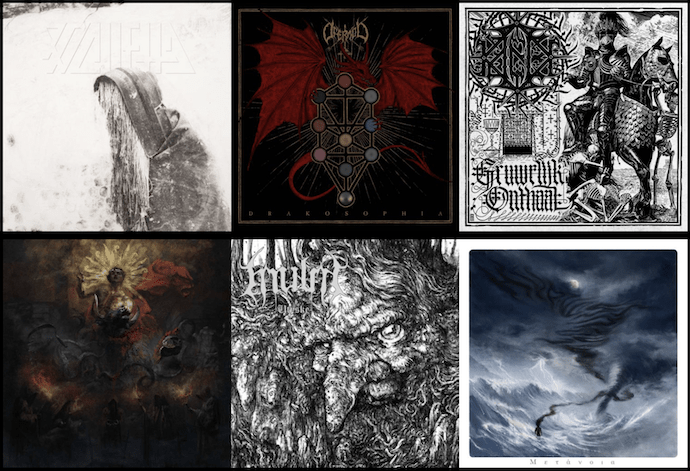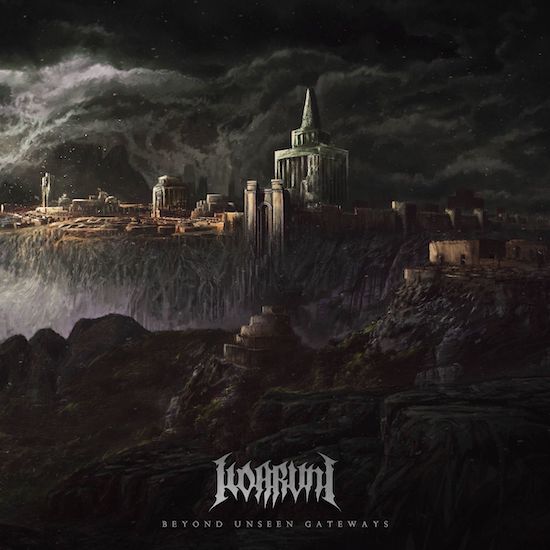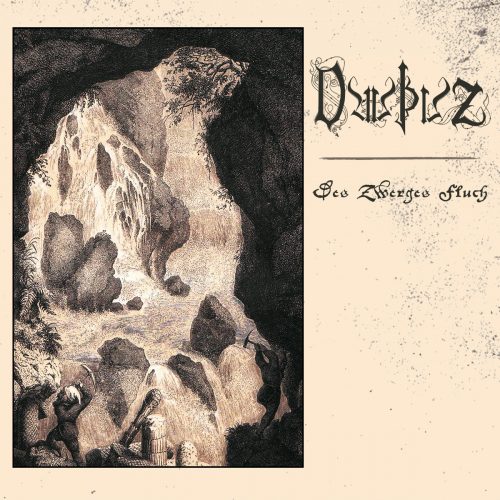
(written by Islander)
In this week’s edition of SHADES OF BLACK I’ve called attention to recent songs excerpted from forthcoming albums by four bands. After that I’ve highlighted two recently released albums that really made an impact on my addled head and heart. And “highlighted” is the right word, because I just haven’t had enough time to give either of them the more comprehensive review they deserve. But as I always tell myself on days like this, something is surely better than nothing.
I’m not sure I have a coherent way of trying to sketch out how the musical experiences change from one selected band to the next. They’re all diabolical in their own ways, but you might get a couple of instances of whiplash as musical shifts occur. Continue reading »


